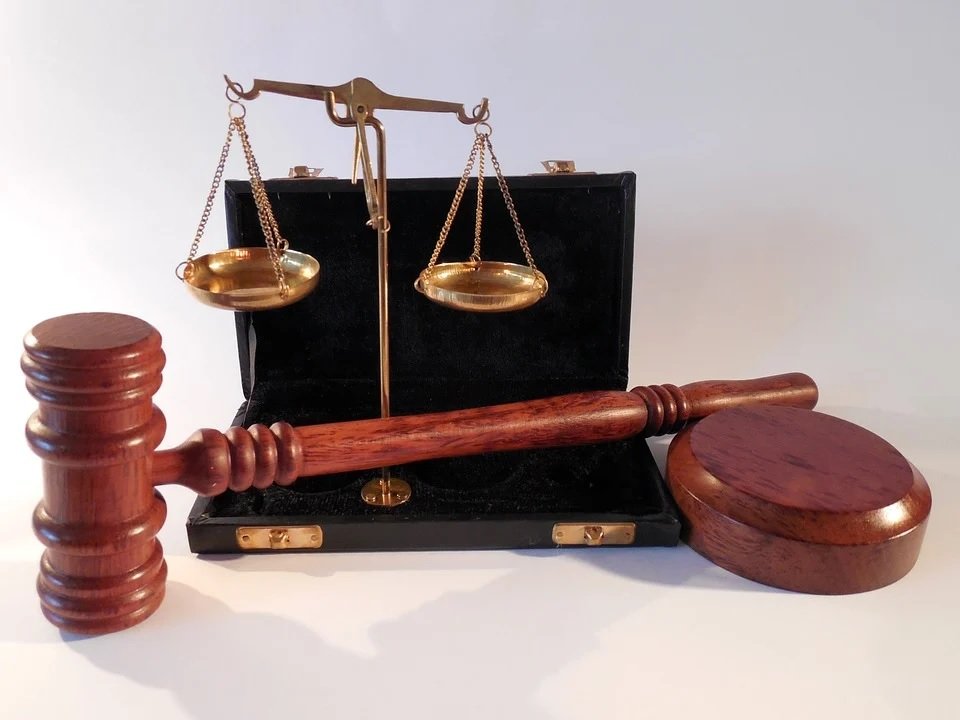The director of lands and surveys is always obliged to issue a decision for the resolution of a boundary dispute
When a dispute occurs regarding the boundaries of adjacent properties, which cannot be resolved amicably, the owners can apply to the Director of Lands and Surveys to resolve it. According to the law, the competent authority with jurisdiction to resolve such disputes can only be the director.
The director is obliged to respond and determine to the best of their abilities the boundaries of each property and issue a decision. They are obliged to use sufficient and accurate measuring instruments, rely on accurate cadastral plans, as well as the relevant facts, and consider collectively, the natural boundaries of the properties, the situation on site and land registry records. According to relevant case law, the plans in use constitute an authentic guide in border disputes and the on-site situation cannot prevail over them in the absence of sufficient justification.
The resolution of a border dispute is carried out by the director pursuant to the legislative authorisation granted to them under Article 58(3) of the Immovable Property Law, Cap.224, in any of the following methods: (a) by a decision of the director issued upon the application of an owner where no amicable settlement can be achieved; upon its issuance, the director notifies parties and places landmarks on the ground to demarcate the boundaries; (b) by amicable resolution of the dispute without relocating the registered boundary; or (c) by amicable settlement where the registered boundary is removed and the boundary line is readjusted.
If a dispute is resolved with the director’s decision, any party who is not satisfied is entitled to file an appeal pursuant to Article 80 of Cap.224 at the court of the district where the property is situated within 30 days from notice of the decision. The court has the power to review the decision and amend it if it deems it fair and just to do so.
Given that the director’s jurisdiction is granted to him by a legislative act, courts will not decide on a matter during the course of an action or in any other procedure apart from an appeal. In the event that the border dispute is resolved amicably, the director is still obliged to issue a decision, and it cannot be appealed nor can a new application for the same dispute be filed subsequently.
A question arises as to whether a party in an amicable border dispute settlement may withdraw from such agreement. The answer is no, since the director is always obliged to issue a decision, as agreed between the parties and notify them. In practice, the parties sign a declaration for the resolution of the border dispute under the terms of a standard form provided by the land registry before the competent officer who carries out the local inquiry and designates the registered common boundary of the properties. Furthermore, the owners are requested to sign the topographical plan designating the registered common boundary or the boundary resulting from the amicable settlement.
In the event the director’s decision is challenged, the hearing takes place on the basis of the written testimony of interested parties supporting the pleadings, given the right of each party to request the cross examination of an affiant. Civil procedure rules and regulations determine the exact procedure followed in such cases. In a recent judgment issued by the Limassol district court dated August 4, the court made reference to the procedure followed for the hearing of such cases and concluded that the application to cross-examine an affiant signing an affidavit on behalf of the respondent could not serve any useful purpose, since he did not have expert knowledge in order to challenge the director’s decision, and so dismissed the application. If the appellant wished to cross-examine a witness on technical issues, they could join the director as a party to the appeal pursuant to the relevant regulations.
George Coucounis is a lawyer practicing in Larnaca and founder of George Coucounis LLC, Advocates & Legal Consultants, email: [email protected]







Click here to change your cookie preferences